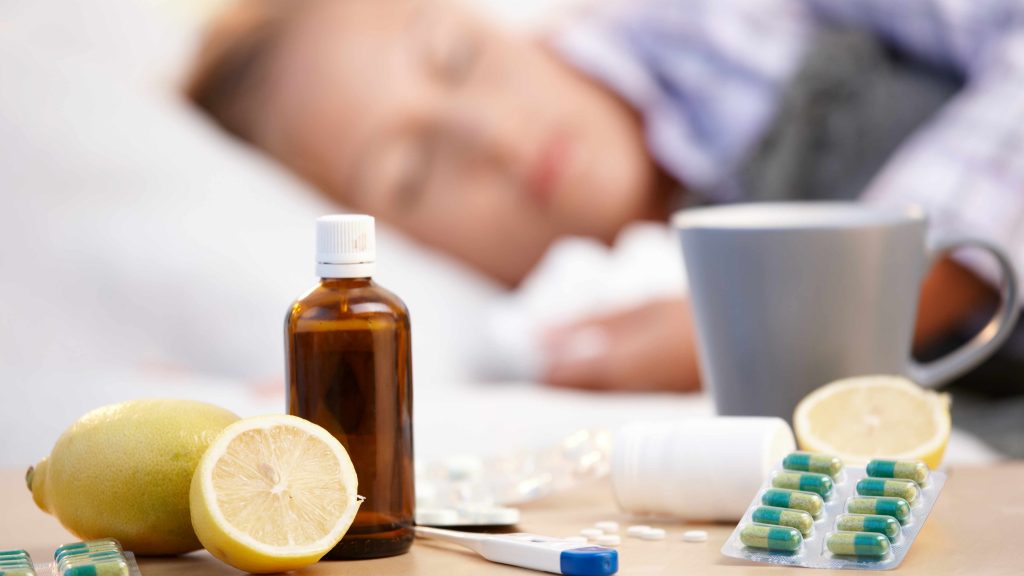-
Featured News
Home Remedies: High blood pressure and cold remedies

Over-the-counter cold remedies aren't off-limits if you have high blood pressure, but it's important to make careful choices.
Among over-the-counter cold remedies, decongestants cause the most concern for people who have high blood pressure. Decongestants relieve nasal stuffiness by narrowing blood vessels and reducing swelling in the nose. This narrowing can affect other blood vessels as well, which can increase blood pressure.
To keep your blood pressure in check, avoid over-the-counter decongestants and multisymptom cold remedies that contain decongestants — such as pseudoephedrine, ephedrine, phenylephrine, naphazoline and oxymetazoline. Instead, consider following the recommendations below.
- Choose a cold medication designed for people who have high blood pressure. Some cold medications don't contain decongestants. However, these medications may contain other powerful drugs, such as dextromethorphan, that can be dangerous if you take too much. Follow the dosing instructions carefully.
- Take a pain reliever. To relieve a fever, sore throat or headache or body aches, try aspirin or acetaminophen.
- Use saline nasal spray. To relieve nasal congestion, try saline nasal spray. The spray can help flush your sinuses.
- Soothe your throat. To relieve a sore or scratchy throat, gargle with warm salt water or drink warm water with lemon juice and honey.
- Drink plenty of fluids. Water, juice, tea and soup can help clear your lungs of phlegm and mucus.
- Increase the humidity in your home. Use a cool-mist humidifier or vaporizer to moisten the air, which may ease congestion and coughing.
- Get plenty of rest. If you're not feeling well, take it easy.
Call your health care provider if your signs and symptoms get worse instead of better or last more than 10 days.
This article is written by Dr. Sheldon G. Sheps and Mayo Clinic staff. Find more health and medical information on mayoclinic.org.







